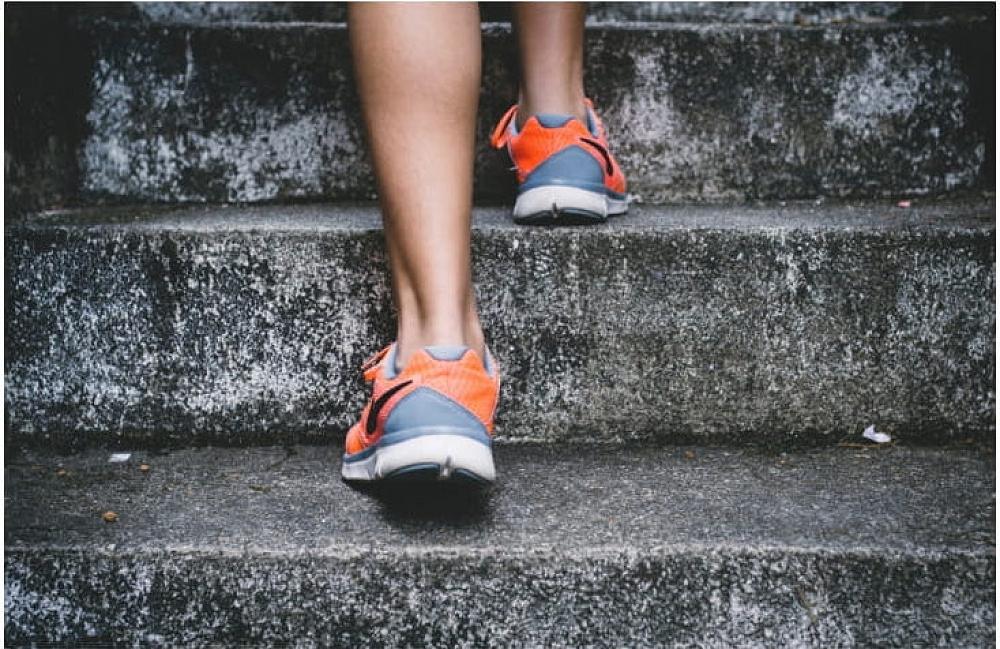
The Positive Effects of Exercise
Regular physical activity is the holy grail of health.
Regular physical activity is the holy grail of health. The benefits of regularly exercising stretches far and wide, including improving mental health, heart health, gut health, and increasing muscle and bone strength. While we know of all the benefits of regular physical activity, it can often be hard to keep up an active lifestyle in this day and age. In fact, New Zealand is one of the least active countries in the developed world.
So, this is where this exercise and IBD study came in. It was carried out in Dunedin last year and looked at the benefits of a personalised exercise programme for people with IBD. The study also focused on if the programme was effective at encouraging participants to increase their level of physical activity and stick with their exercise programme.
The study, which had 82 people involved, encouraged each person to aim to do some sort of physical activity every day, even if it was only for 5 minutes, for a period of 4 months. The main element of the study was the personalised exercise booklet that each person received. In it there were sections on goal setting, barrier planning, and trouble shooting. Using the flow chart (pictured left) each person was able to decide and plan out their programme for the week – aiming to exercise a minimum of 5 days a week. The types of physical activity varied greatly between people with some choosing walking, others lawn bowls, and even ball room dancing. It all counted as long as each person aimed for 5 sessions a week.
The key elements which we believe made such a huge change included:
Realistic goal setting – bring physical activity into your daily life is a marathon not a sprint. Start with a very small amount to begin with and once you can do that every-day then start to increase it. Again, when you increase the level of exercise you do, start small. It doesn’t have to be a huge increase initially.
Being flexible – When the weather packs in, it’s important not to give up doing some exercise. Why not try doing something inside such as going to the pool or a circuit right in your own living room.
Over-coming barriers – we all have different barriers that stop us from exercising and they can be really hard to overcome. Here are some examples:
If you find you need to go to the bathroom more when you exercise try planning an exercise route where you will go past bathrooms. Have a look at your local city council’s website, it can show you where the nearest toilets are to you so that you can plan a walking/running/cycling route around these.
Exhaustion can also be a difficult thing to deal with. Listen to your body but also try and push yourself. If you feel too tired to exercise, try doing something super light that day – a gentle walk or bike ride. You may surprise yourself with what you can do. Over time we know that people who regularly exercise often have more energy than before so keep at it.
Motivation is also hard. There are always days when we don’t feel like doing anything. Exercising with someone else can be helpful with this – whether it’s your partner, child, or work colleagues. You can help each other when you’re struggling with motivation.
Using the booklet & some of the tools mentioned above, over 80% of those in the study were able to successfully implement this programme and exercise 5 times a week. There was a significant increase in physical activity levels following the study. There was also a significant improvement in peoples’ well-being including a reduction in disease activity, fatigue, depression, anxiety, and an improvement in quality of life.
All great things!
This study highlights just effective regular physical activity can be for patients with Inflammatory Bowel Disease. Even five minutes a day can have a positive effect on your health and improve your quality of life. Because of this, we have released the programme for everyone to use for free. It can be found here shortly:
https://www.guthealthnetwork.com/tools-and-links/exercise/
Thank you very much for everyone who was involved in the study, especially every one of the participants! Without your help and enthusiasm this study would not have been as successful as it was.
If you have any questions about the study or would like to know more feel free to get in touch by emailing: exercise.dunedin@gmail.com.
Gallery


